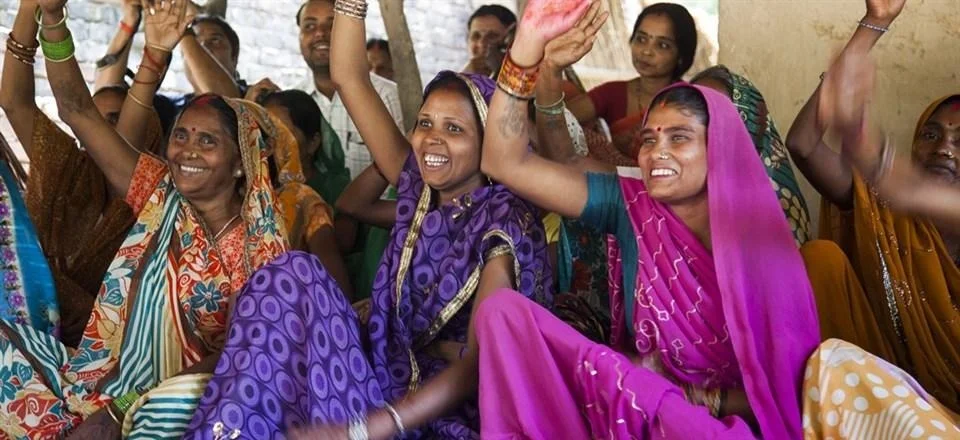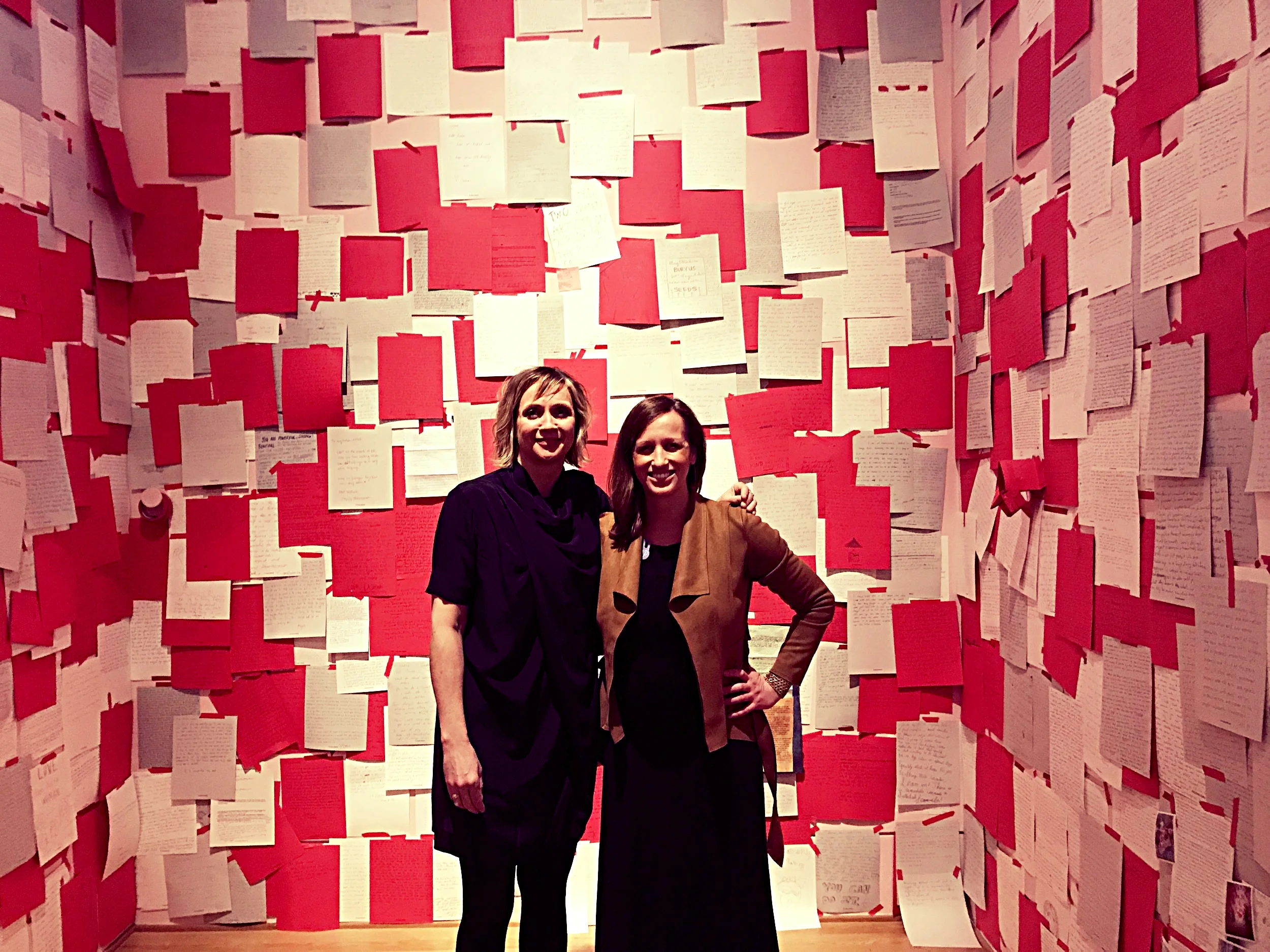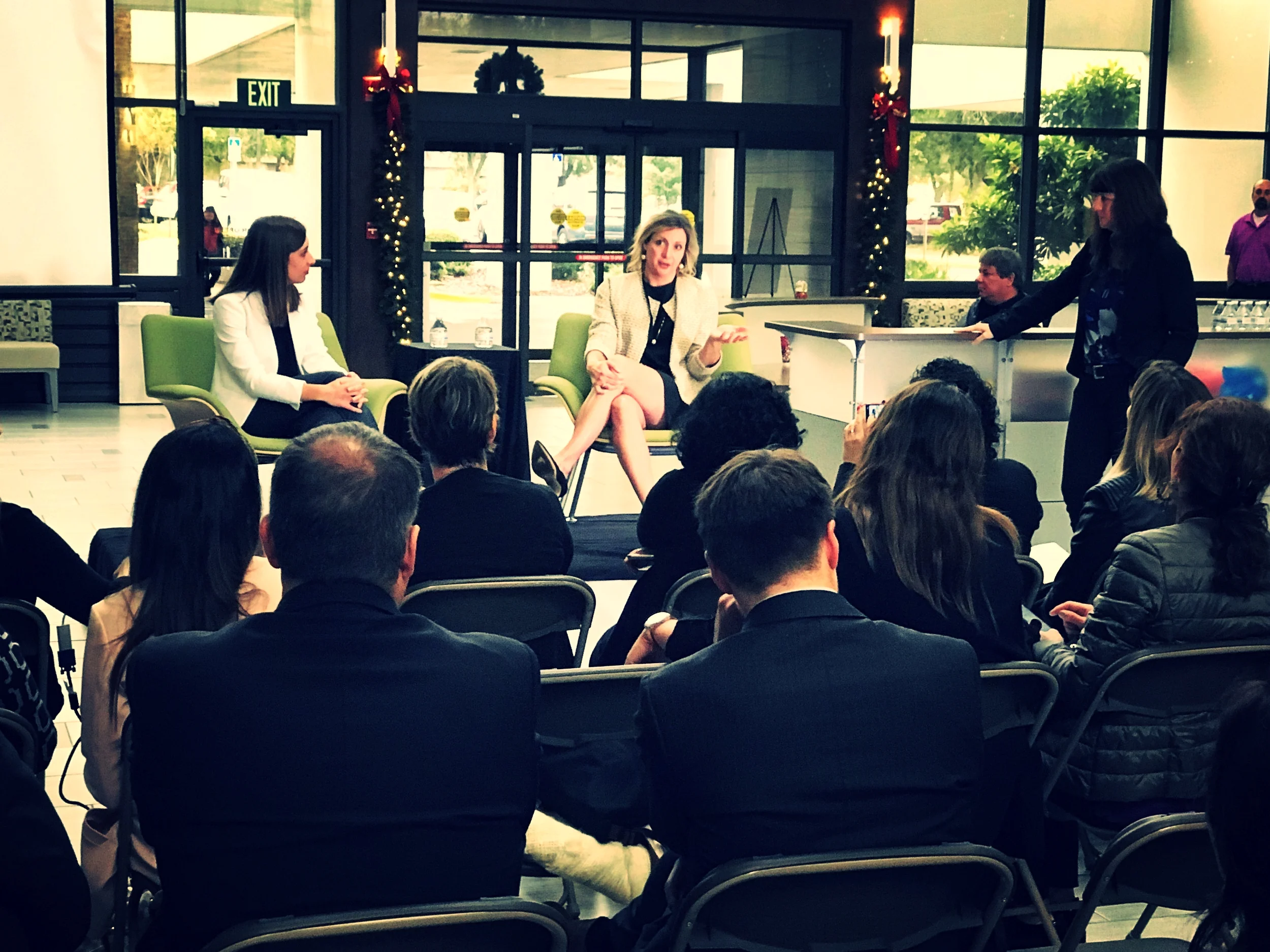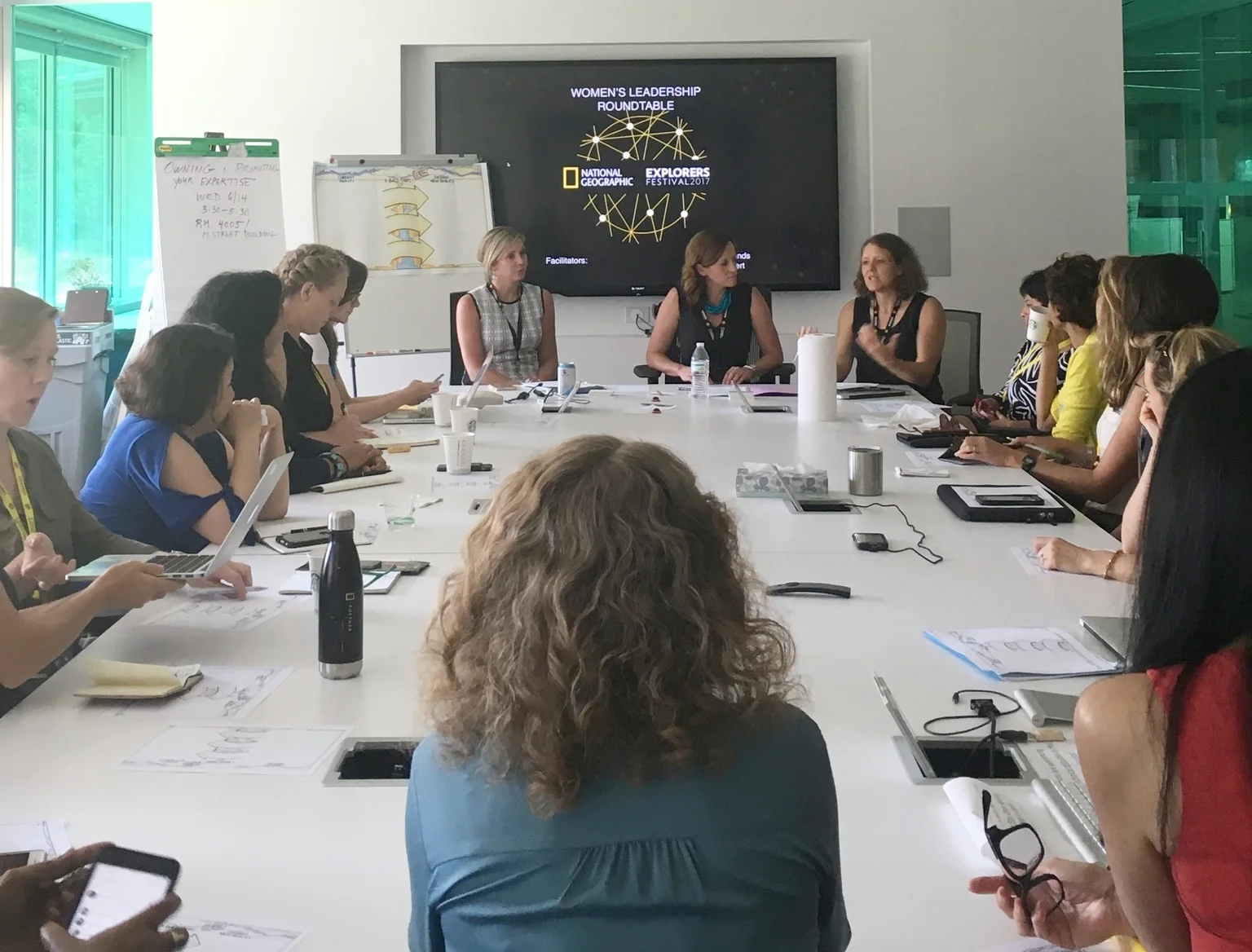News and Blogs
Jessica N. Grounds Wins “40 Under 40” Award
AAPC recognizes Jessica N. Grounds as one of the 40 best and brightest campaign professionals under 40 years old.
For Immediate Release
March 9, 2018
Jessica N. Grounds Wins “40 Under 40” Award
AAPC recognizes Jessica N. Grounds as one of the 40 best and brightest campaign professionals under 40 years old
Washington, DC. Mine The Gap is proud to announce that Jessica Grounds has been honored by the American Association of Political Consultants (AAPC) as one of the 40 best and brightest campaign professionals under 40 years old.
“AAPC is honored to recognize these standout young achievers such as Jessica Grounds who have already proven their immense talent in the political and public affairs industries,” said AAPC President Tom Shepard. “We cannot wait to welcome these winners to Nashville in order to celebrate their great achievements and feature them as this year’s stellar 2018 40 Under 40 class.”
The AAPC will recognize the winners of the 40 Under 40 Awards at the 2018 Annual Pollie Awards & Conference on April 11, 2018 in Nashville, Tennessee. The Conference brings the leading political professionals in the world together to network and hear from top technology innovators, pollsters, pundits and service providers.
AAPC Vice President Rose Kapolczynski also noted: “The competition for this year’s winners was intense as we received over 190 nominations. Our bipartisan team of judges reviewed the materials of these highly qualified individuals from across the political spectrum to determine this year’s remarkable class. We are proud of each and every one of these astonishing young professionals.”
Only 18 Republicans, 18 Democrats, and 4 nonpartisan operatives were named to this exclusive “40 Under 40” winners list. Award winners were graded on a 40-point scale and selected for extraordinary achievements in politics and public affairs. Contributions to the health of the political business community through volunteer work and other forms of philanthropy were also considered.
Click hereto view the full list of the 2018 “40 Under 40” winners.
About AAPC
Founded in 1969, the AAPC is a multi-partisan organization of political and public affairs professionals dedicated to improving democracy. The AAPC has over 1,350 members hailing from all corners of the globe. It is the largest association of political and public affairs professionals in the world. For more information, see www.theaapc.org.
Mine The Gap featured at Alice Circular Summit
Our very own Kristin Haffert speaks at the Alice Circular Summit. Circular Summit is a convening of high-growth female founders, investors, media, policymakers and ecosystem builders.
Our very own Kristin Haffert was a featured speaker Alice Circular Summit. Circular Summit, held March 1st in Washington, DC, is an experiential event convening of high-growth female founders, investors, media, policymakers and ecosystem builders. The summit is hosted by Alice, and provides participants with an action-oriented two days of workshops, activations, visionary talks, mentorship and network building to accelerate growth and close the gap for growth-oriented, role-breaking women entrepreneurs.
Kristin spoke about Mine The Gap's cutting edge work on gender in the workplace across sectors. She spoke on a panel entitled: A New Playing Field where she and her fellow panelists spoke about inclusive entrepreneurship, shattering cultural barriers, and building a new playing field that works for all entrepreneurs. These fearless females are opening up opportunities for more women and business owners from underrepresented backgrounds to succeed through access to technology, resources and capital.
Fellow speakers:
Sarah Jones Simmer, COO, Bumble
Laurie Fabiano, President, Tory Burch Foundation
Melissa Bradley, Managing Director, Project 500
Moderator: Geri Stengel, Founder and President, Ventureneer
Gender Analysis for Diplomacy & Development Course @ George Washington
Gender expert Kristin Haffert and development expert Jenna Ben-Yehuda will co-teach a new course at George Washington University entitled: Gender Analysis for Diplomacy and Development.
Gender expert Kristin Haffert and development expert Jenna Ben-Yehuda will co-teach a new 1-credit skills course at GW entitled: Gender Analysis for Diplomacy and Development in summer of 2019. A link will be available to sign up for this course by the end of 2018.
ABOUT THE CLASS
Women comprise nearly half of the world’s population, but policies and programs are often formulated with little regard to their impact on women, often yielding diplomatic and development outcomes that can exclude or worsen women’s lives. More troubling still, when policies and programs are designed specifically to addresses women’s challenges, they often fail. Why? This 1-credit course will offer an overview of policymaking through a gender lens to gain a sense of why such policies have failed with attention given to case studies that highlight great successes.
The course will then guide students through an understanding of how to conduct a proper gender analysis to provide a framework for understanding the role that gender plays in international development and diplomacy. The tool will provide a systematic process for understanding gender-related needs and how programs and policies can address these dynamic needs, dependent upon a society’s cultural and social norms and expectations. The course will convey how gender analysis is used as a tool to strengthen programming and foreign policy decisions that may lead to more nuanced and effective outcomes. It will provide an opportunity to leverage the systematic tools required to examine case studies of organizations and diplomatic scenarios that measurably benefitted from applying a gender analysis.
Students will be given the opportunity to conduct an organizational analysis of a development implementer through a gender lens to test the application of utilizing proper gender analysis tools. Co-taught by experienced practitioners of gender in foreign policy and development, Jenna Ben-Yehuda and Kristin Haffert, this course will be directly beneficial to students of any gender identity seeking to deploy effective means of crafting successful gender-inclusive policies and programs in diplomatic and development spaces.
To Future Women Art Installation
Our Co-Founder Kristin Haffert spoke on a panel highlighting artist Georgia Saxelby’s project To Future Women, which asks participants to write a letter to women 20 years in the future.
Our Co-Founder Kristin Haffert spoke on a panel highlighting artist Georgia Saxelby’s project To Future Women, which asks participants to write a letter to women 20 years in the future. The installation was on display at the Phillips Collection, in Washington, DC, earlier this year.
The museum directors shared that what people wrote powerful and inspiring letters. In many of the letter they found common themes of safety for women, freedom of expression, and women’s leadership, which Kristin discussed as a panelist along with other leaders in the gender diversity movement.
Kristin Haffert Speaks @ ACE Entrepreneurship Summit
Kristin Haffert, Co-Founder of Mine the Gap, speaks at event hosted by Americas Competitiveness Exchange on Innovation and Entrepreneurship (ACE).
Kristin Haffert, Co-Founder of Mine the Gap, spoke at the University of Florida on "Empowering Women in Entrepreneurship" a panel hosted by the Americas Competitiveness Exchange on Innovation and Entrepreneurship (ACE). The session was moderated by Kathleen Sohar, Assistant Director of the University of Florida Innovation Hub and Co-Founder of Empowering Women in Technology Start-ups (EWITS). The high-level delegation comprised of leaders with senior economic portfolios from Latin America and Israel was convened by the US Department of Commerce, the US Department of State, the Organization for American States (OAS), the International Trade Association and the Inter-American Competitiveness Network. Delegates explored innovation and leadership in North-Central Florida, a rapidly growing hub for technology, biotech and other areas of Florida's economy such as aerospace and agriculture.
Companies Should Be Asking Themselves, Does #MeToo Happen Here?
Sex discrimination, misconduct, and assault are nothing new in America. These abuses have played out throughout history. In the United States, we have seen cycles of exposure to the reality of this behavior and this most recent wave of stories is just the latest version.
(Photo: Shutterstock)
by Mine The Gap co-founder, Jessica N. Grounds
Sex discrimination, misconduct, and assault are nothing new in America. These abuses have played out throughout history. In the United States, we have seen cycles of exposure to the reality of this behavior and this most recent wave of stories is just the latest version.
In the 1960’s and 1970’s, we had sweeping responses to rampant sex discrimination against professional women exemplified in the Amazon series Good Girls Revolt about the massive discrimination case brought on by 46 women at Newsweek. In the 80’s and 90’s, we had discussions about unfair and sexist practices in both government and business which led to federal and state laws aimed at protecting women. In each generational revelation, we see a similar pattern of inappropriate actions perpetrated primarily by men in power on women with less power. While our culture has become more aware and has responded to these offenses over time, we will continue to be plagued by these issues as long as American culture places a higher value on one sex over the other.
But the latest wave of sexual harassment accusations has exposed this ugly reality in a new way. We see the financial impact on business. We see the public perception fallout in politics. We see an American sports culture in which we revere saturated with abuse and violence. Looking at the practical business dimension of this behavior, companies, and organizations are facing tangible financial implications and long-term reputational damage that can be avoided.
Just this weekend, the Los Angeles Times outlined the financial impact comedian Louis C.K.’s sexual misconduct scandal is already having on multiple media companies, including Orchard and 21st Century Fox. We are talking hundreds of millions of dollars in contracts, distribution partnerships, and potential bankruptcy. In another example, the financial fallout will be staggering for the Weinstein Company in the wake of the Harvey Weinstein scandal. And these challenges are not by any means limited to the entertainment industry.
In tech, companies like Uber and SoFi are scrambling to clean up the mess that has been left by sweeping allegations of sexual misconduct, discrimination, and practices that allowed for a rampant toxic corporate “frat-house” culture. Uber has already lost massive market share to their primary competitor Lyft in the wake of these stories.
In the venture capitalist space, arguably one of the most male-dominated industries, story after story of investors and VC’s who took advantage of their power are shining a light on an industry that seems to have sex discrimination baked into its calculus. Recent research shows that for companies seeking VC funding, those run by men got 16 times more money than companies run by women.
Not only do these scandals represent public relations headaches that distract from the goals of the company, they represent real risk, real dollars and cents, and deep cultural problems that cannot be fixed overnight. So why are these companies simply hiring communications firms to deal with a messy press day, when they can be proactive and address these problems in a more meaningful way?
These issues can be addressed. But it requires culture change – and we know this is possible. It takes dedication and an awareness that a company is truly stronger when all of its talent can flourish and not be victimized. Moreover, the business case for doing this has been made again and again, with research showing that women improve innovation and complex decision-making and companies with more women in leadership make more money.
With any risk factor facing a company, why aren’t more companies looking at gender balance as a key imperative? They should be strategically working to build a corporate culture that doesn’t allow for one group to prey on another. This should not be simply seen not as an “HR” issue but as a competitive advantage and key strategic priority. All too often companies are sweeping these problems under the rug as though they will somehow resolve themselves. They are ignoring the variety of implications at a huge cost, both short and long-term.
If you are building a company with purpose, a strong vision, and goals to be successful – then building a culture that sees gender balance, awareness, and respect should be at the forefront. The behavior of your employees matters – at the top and at every level. Bottom line: even for the companies who are dense enough to only care about immediate financial returns (and there are a lot out there), ignoring this problem will continue to expose them to massive risk and jeopardize their financial future.
Inducted into National Association of Women Business Owners Hall of Fame
Mine The Gap inducted into the National Association of Women Business Owners Hall of Fame at the annual conference in Minneapolis, Minnesota last month.
Mine The Gap was inducted into the National Association of Women Business Owners Hall of Fame at the annual conference in Minneapolis, Minnesota last month.
Co-founder Kristin Haffert
attended the conference where she spoke about what Mine the Gap is currently doing to advance women leaders in the public and private sectors.
About the National Association of Women Business Owners (NAWBO): Founded in 1975, the National Association of Women Business Owners (NAWBO) is the unified voice of over 10.1 million women-owned businesses in the United States representing the fastest growing segment of the economy. NAWBO's mission is to propel women entrepreneurs into economic, social and political spheres of power worldwide.
Why More Women in Politics is Good for Business
Authored by Mine the Gap's Jessica N. Grounds and She Should Run's Erin Loos Cutraro, they explore why the private sector has a business imperative to invest in women's leadership.
Originally published in the San Jose Mercury Times on July 27, 2017
What if we told you that we have the key to better government? Government that is more efficient, responsive, productive and civil? Would you be willing to invest? Would you be willing to get involved?
This isn’t a carnival show. We do have the answer. Get more women into the over 500,000 elected offices in this country. It is that simple.
Decades of research proves that the presence of women as political leaders means a positive impact on legislative culture, policy, efficiency and civility — something we could really use these days.
And women are eager to lead. In the seven months since the election, She Should Run’s Incubator Program, built to inspire and support women to act on their own political leadership potential, has had a 1,700 percent increase in the number of women sign up. Organizations across the nation that encourage, support, train and elect women, all experienced an incredible surge of interest.
We also know that when women run, they win at the same rate as men. So better government — more responsive and civil government, is within our grasp.
The interest is there but with the United States ranked 101st in the world in women’s political representation, we need powerful partners to achieve the government that we deserve.
Business is doing better than government at elevating women to positions of influence. Some companies are seeing that more diversity brings innovative solutions to complex challenges, while others act on research that says companies with more women result in higher profits. Regardless of the motivation, we know that gender diversity inside companies leads to more innovation, more efficiency, and more profits.
Thankfully, a few companies have recognized those benefits both in business and government and are investing in strategies to encourage more women to shape policy and serve in elected office.
The first steps were taken this past March with the creation of the California Leadership Collaborative, with support from PG&E right here in the Bay Area. The purpose of this project was new and strategic – to get business and political women together to collectively develop new approaches to encourage companies to get more women elected to public office.
This included helping women’s political organizations make a business case about their work.
But we can’t stop there. The insights and partnerships from the California Leadership Collaborative must serve as a catalyst to business and political sectors around the country to work together to value and support women leaders (from all political parties) in elected office.
Because, just like business, when women are at the table, they get things done.
For the United States to have the most efficient and effective government possible, corporate America needs to step up and support women candidates at all levels and through a variety of organizations.
We challenge the corporate leaders in this country to invest in the future of our government. Join us for the California Leadership Collaborative. Support women’s organizations. Encourage your employees to get involved. Invest in a future of more efficient, more civil and more productive government.
We ask them to take a successful business strategy and help us apply it to government — because more women in office means better government and better government is good for business. Now that’s what we call a business case for investment.
Jessica N. Grounds is the co-founder of Mine the Gap, a consulting and advocacy firm specializing in developing gender strategy for companies and organizations. Erin Loos Cutraro is the CEO and co-founder of She Should Run, a nonpartisan, national organization aiming to get 250,000 women running for office by 2030. They wrote this for The Mercury News.
Why It’s Time for Mine The Gap
Our founders share why Mine The Gap is needed today more than ever.
by Mine The Gap Founders, Kristin Haffert & Jessica N. Grounds
We both are very fortunate to have found our career passions early in life. For Kristin, it was during her studies at Douglass College at Rutgers University where she learned that the National Institutes of Health clinical trials to find a cure for heart disease (the leading killer of women) included only men. Women’s bodies were believed to simply be another version of male bodies, complicated by biological factors, and therefore excluded from research. And for Jessica, it was her junior year in college when she worked on her first political campaign in California for a woman running for the state assembly. She quickly fell in love with politics, and also gained the knowledge that few women held seats in elected office across the country. In each instance, we wondered, how was this lack of women's representation impacting our leadership structures and decisions everywhere?
We were inspired to this work for different reasons and now after over thirty-five years of combined experience working in the U.S. and globally to advance women’s leadership, and develop approaches to incorporate gender differences into policy and leadership strategy, we find that we are still stuck.
Mine The Gap was created in a climate where we continue to see that gender is not seen as strategic advantage. What we mean by that is that the research is clear: when there are more women in leadership, companies do better. When men and women understand and respect each other more deeply in their professions, productivity flourishes and retention improves. When an organization works to build a gender inclusive environment, the organization is more innovative and nimble. But most industries have a long way to go to see this in practice. There is a competitive advantage to advancing a climate where gender differences are seen as a benefit, not a liability. We have built a firm to assist industries across sectors and around the globe.
As this month’s Scientific American cover page explains, This is Not a Women’s Issue. This is an issue that is disrupting the workplace today. We are limiting the potential of our workforce. We are underutilizing our talent and we are losing ground. The potential is there if we are aware and strategic.
Mine The Gap is advising companies both large and small. We are supporting and consulting organizations domestically and globally, including countries. We are incubating new ideas to advance the many challenges related to gender – to solve problems more quickly, and to inspire more to lead.
At the heart of Mine The Gap, we mine and bridge gender gaps. We’re here to help you, so call us or email us with your ideas and challenges. We’re here to listen, expose and mine the gaps – and help your industry flourish.
Mine The Gap
80 M Street SE
Washington, DC 20003
United States
info@projectminethegap.com
202-494-7624
National Geographic's Explorers Festival
Mine the Gap works with National Geographic Society's top researchers and scientists around the globe leading a workshop and training to build skills and collaboration between women in the field.
From shark experts, to tsunami researchers, archaeologists and more, Mine the Gap worked with National Geographic Society this summer to train and workshop with top women researchers and scientists from around the globe. During National Geographic Explorers Festival, our team addressed key challenges facing women leaders at the top of their fields. Our team also built and led an interactive workshop, "Owning and Promoting Your Expertise" tailored for women researchers and scientists supported by National Geographic.











